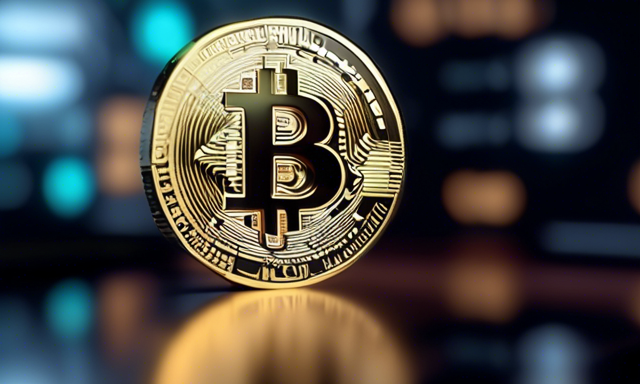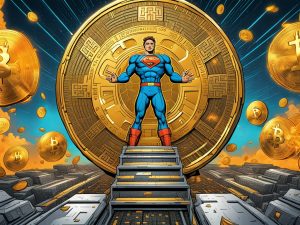The Ripple Case: Implications for the SEC and the Crypto Community
In this opinion editorial, Joseph Collement, General Counsel at Bitcoin.com, discusses the implications of the recent legal ruling in the Ripple case and its connection to William Hinman’s 2018 speech. Here are the key points:
- William Hinman’s 2018 speech suggested that cryptocurrency startups could initially sell tokens as securities before transitioning to non-security utility tokens.
- This adaptive approach to crypto token regulation aligns with the dynamic nature of digital assets.
- The SEC initially challenged the admissibility of Hinman’s speech in the Ripple case, but the court ruled it admissible on a limited basis.
- In June 2023, the SEC removed Hinman’s speech from its official website, raising eyebrows in the crypto community.
- The Ripple ruling could have significant implications for the SEC’s jurisdiction over crypto exchanges and digital assets.
The Future of Regulation
If the Ripple ruling becomes a legal precedent, it could relieve crypto exchanges from the requirement to register with the SEC. This outcome poses a challenge for the regulatory body but also opens the door to a new era of thoughtful regulation. The SEC needs to adapt to the ever-evolving realities of the crypto world and find a balance between consumer protection and innovation without burdensome regulations. The Ripple case highlights the ongoing struggle to define and regulate cryptocurrencies and underscores the potential for significant shifts in the regulatory landscape based on a single court decision. The SEC should embrace these changes instead of resorting to prejudgment and denial.
Hot Take
The Ripple case has exposed the limitations of the SEC’s jurisdiction over the crypto industry. While the ruling may weaken the SEC’s authority, it also presents an opportunity for more nuanced and sensible regulation. The crypto community should remain vigilant and actively participate in shaping the regulatory framework to ensure a fair and prosperous future for cryptocurrencies.




 By
By

 By
By
 By
By
